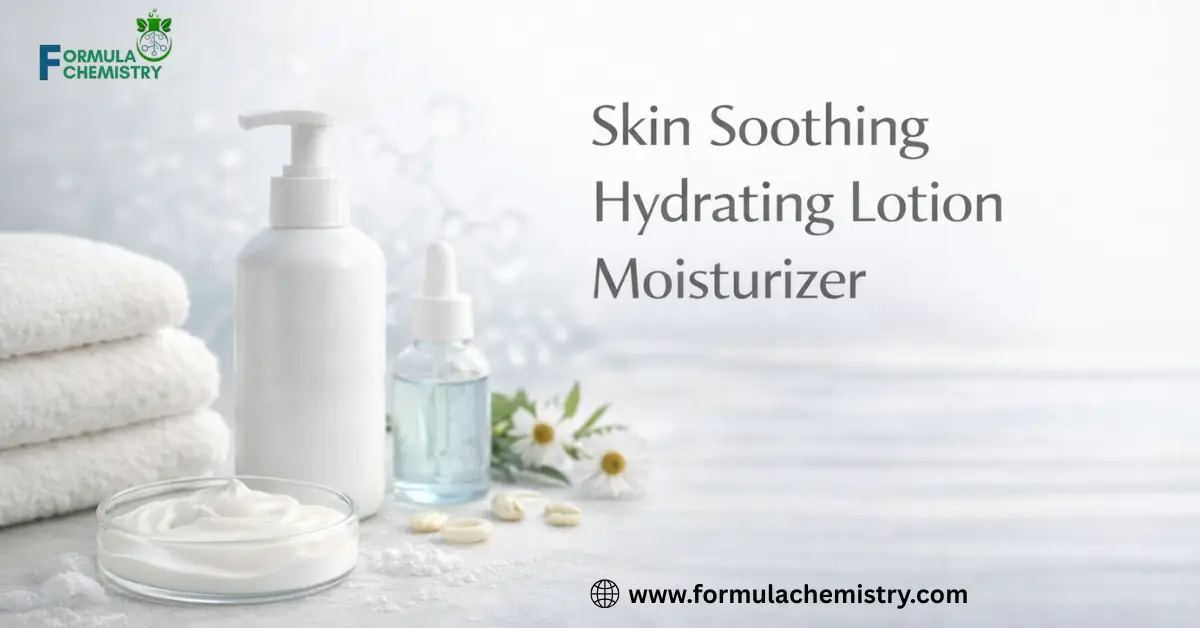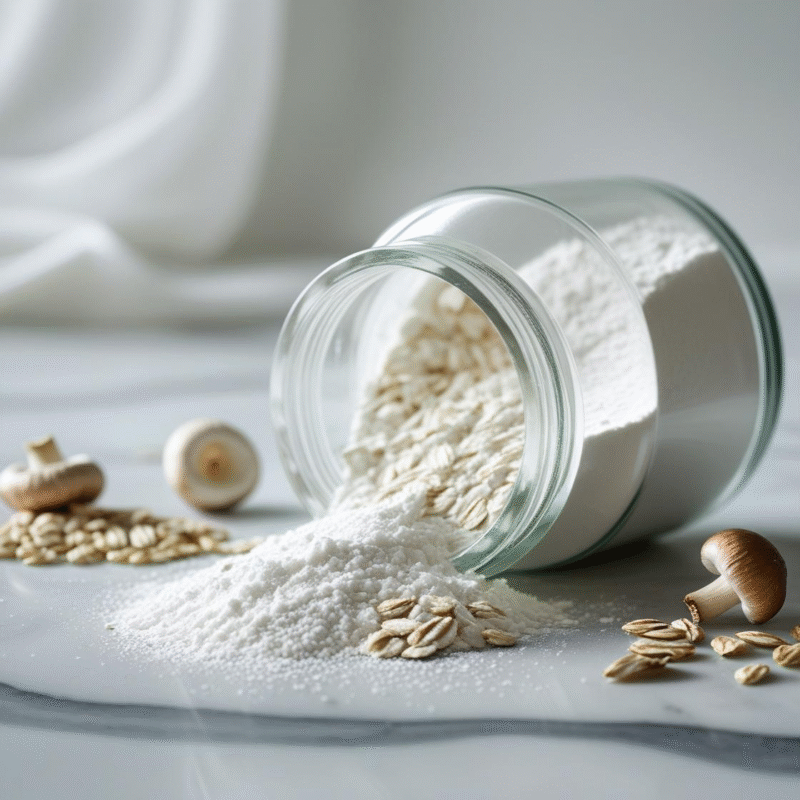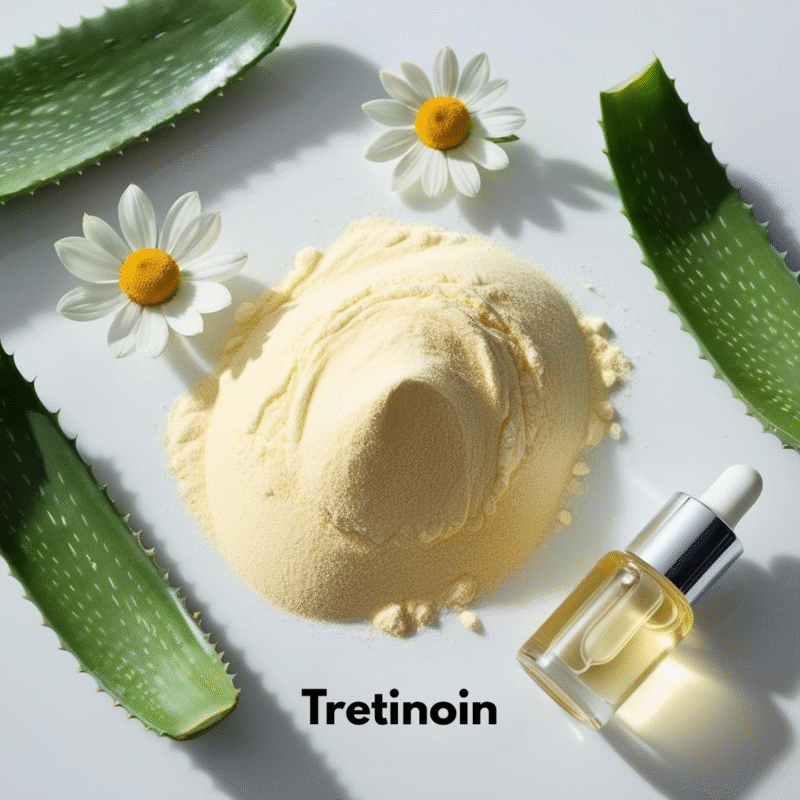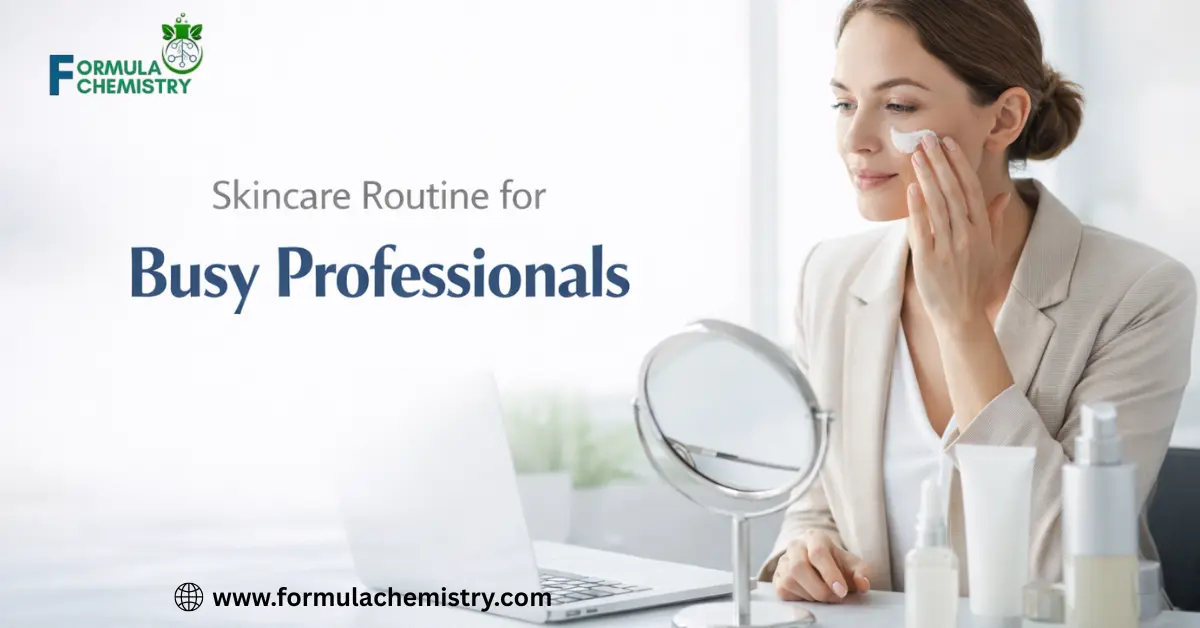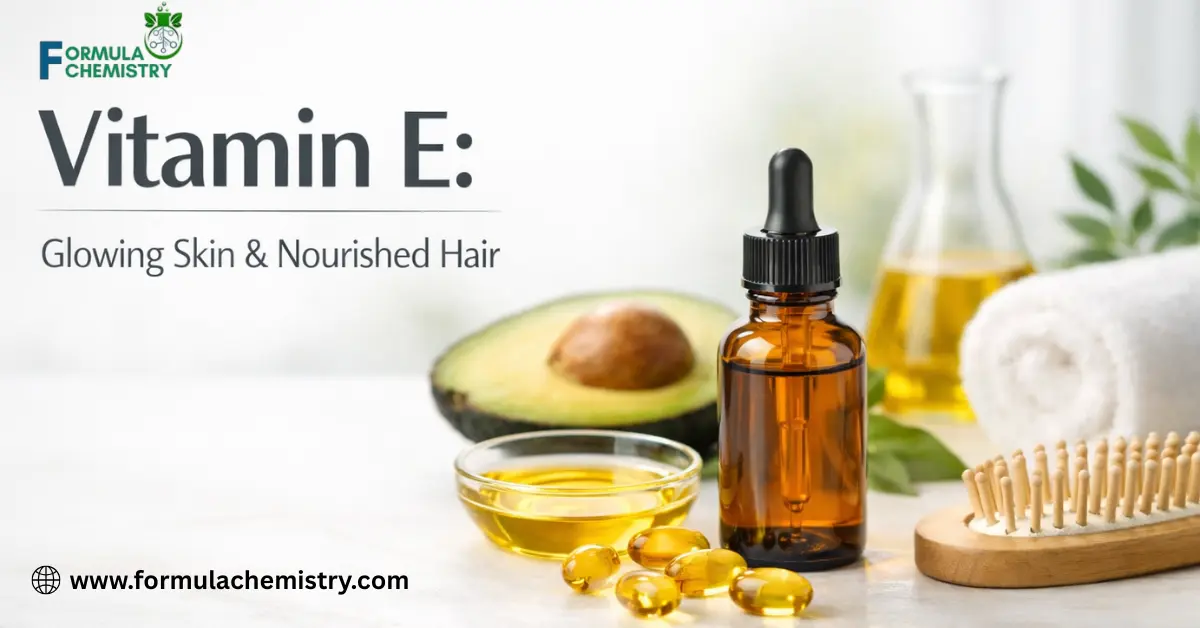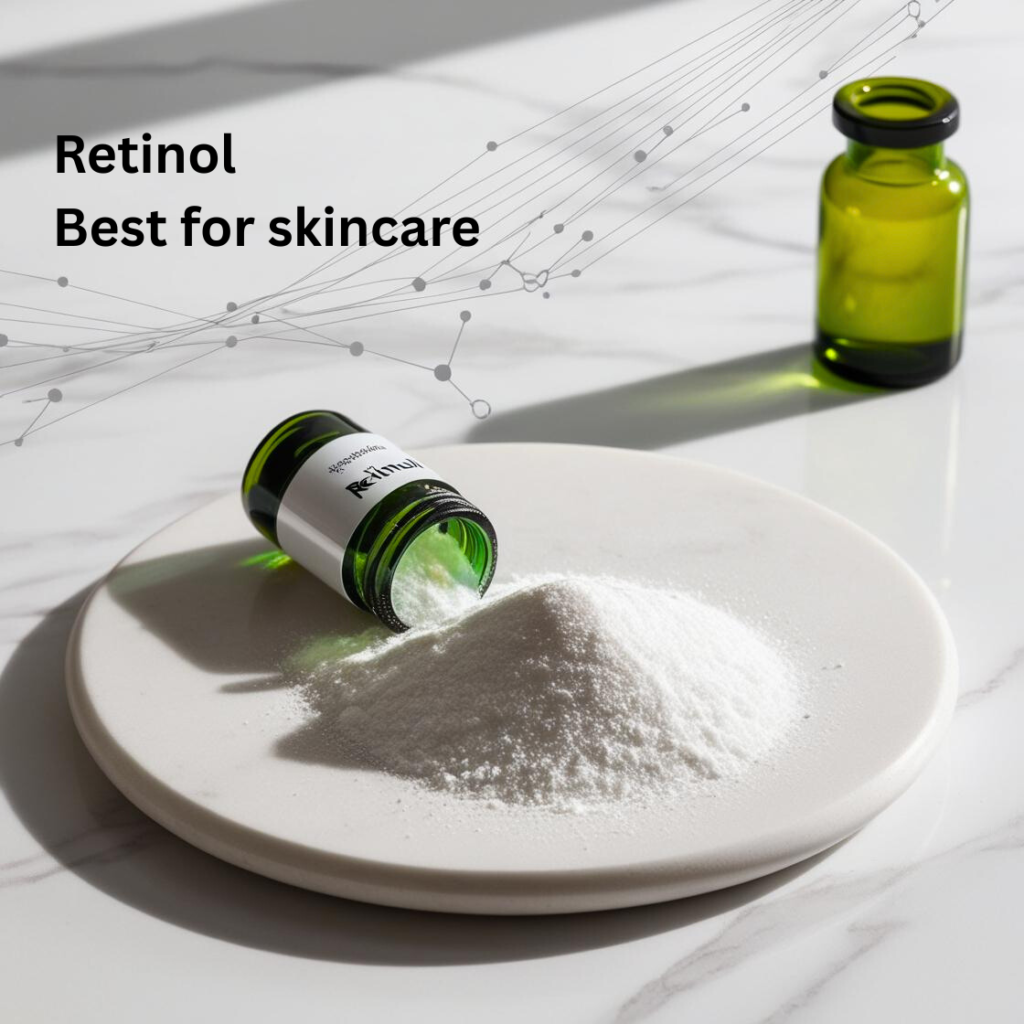CAS number 98-92-0
INCI name NIACINAMIDE
Niacinamide, also known as nicotinamide, is a form of vitamin B3 widely recognized for its skincare benefits. It protects against environmental damage and supports protein production for healthier skin, making it a key ingredient for rejuvenation and protection.
Purpose
Niacinamide, or nicotinamide, is a form of vitamin B3 known for its skin-protecting and rejuvenating properties. It helps defend against environmental damage and supports protein production for healthier, smoother skin.
Origin
Naturally derived from nicotinic acid found in brewer’s yeast and cereals, Niacinamide is obtained through a chemical transformation after isolation.

| Feature | Description |
| Name | Vitamin B3 |
| Type | Water-soluble vitamin |
| Source | Found in meat, fish, nuts, grains, and synthesized from tryptophan. |
| PH | 6.0 |
| Solubility | Soluble in water and oil |
| Boiling Point | 334°C |
| Color | White to off-white |
| Odor | Odorless or slightly characteristic |
| Concentration | 2–10% |
Multi-Functional Skincare Ingredient
Niacinamide is one of the most versatile skincare ingredients, offering benefits that cater to multiple skin concerns. Whether it’s hydration, anti-aging, brightening, or acne control, it provides a well-rounded solution for healthy, glowing skin. Unlike some active ingredients that target only specific concerns, Niacinamide is suitable for all skin types, making it an essential addition to skincare routines.
Strengthens the Skin Barrier
A healthy skin barrier is crucial for maintaining moisture levels and protecting the skin from environmental aggressors. Niacinamide boosts the production of ceramides and lipids, which are essential for reinforcing the skin’s protective layer. This helps prevent moisture loss, reduce sensitivity, and shield the skin from pollutants and harmful bacteria that can cause breakouts and irritation.
Regulates Oil and Sebum Production
Excess oil production can lead to clogged pores, acne, and an overly shiny complexion. Niacinamide helps balance sebum levels, making it an excellent ingredient for those with oily or combination skin. By controlling oil production without stripping the skin of essential moisture, it maintains a balanced, matte finish while reducing the risk of acne breakouts.
Reduces Hyperpigmentation and Brightens Skin
Dark spots, sun damage, and uneven skin tone are common concerns, especially for those exposed to prolonged UV radiation. Niacinamide works by inhibiting melanin transfer within skin cells, effectively reducing the appearance of hyperpigmentation, discoloration, and age spots. Consistent use results in a more even-toned, radiant complexion without the harsh effects of traditional skin-lightening agents.
Soothes and Calms Inflammation
Redness, irritation, and inflammatory skin conditions such as acne, rosacea, and eczema can be challenging to manage. Niacinamide has powerful anti-inflammatory properties that help soothe and calm the skin, reducing redness and discomfort. It strengthens the skin’s ability to repair itself, promoting faster healing while maintaining a calm, balanced complexion.
Anti-Aging and Wrinkle Reduction
Fine lines and wrinkles develop as collagen and elastin production slow down with age. Niacinamide plays a significant role in stimulating collagen synthesis, improving skin elasticity, and reducing signs of aging. By increasing the skin’s firmness and smoothing out wrinkles, it helps maintain a youthful, plump appearance without irritation, unlike some harsher anti-aging ingredients.
Enhances Hydration and Moisture Retention
Dry, dehydrated skin often appears dull and rough. Niacinamide enhances the skin’s natural ability to retain moisture by improving ceramide production and strengthening the skin barrier. This results in long-lasting hydration, preventing water loss and ensuring a soft, supple texture. It is particularly beneficial for individuals with dry or sensitive skin, as it provides deep hydration without causing irritation.
Provides Protection Against UV and Environmental Damage
Constant exposure to UV rays, pollution, and environmental stressors accelerates skin aging and contributes to oxidative stress. Niacinamide acts as an antioxidant, neutralizing free radicals and minimizing UV-induced damage. While it does not replace sunscreen, it works alongside sun protection to enhance the skin’s defense against premature aging and environmental aggressors.
Compatible with Other Skincare Ingredients
Many active ingredients, such as retinol, vitamin C, and exfoliating acids, can be harsh or cause irritation when combined. Niacinamide, however, is a gentle yet powerful ingredient that works well with a wide range of skincare formulations. It complements hydrating agents like hyaluronic acid, boosts the effects of anti-aging ingredients like peptides, and soothes potential irritation from stronger actives like retinol, making it a highly adaptable skincare component.
Non-Irritating and Suitable for All Skin Types
Unlike many skincare ingredients that can cause sensitivity, peeling, or irritation, Niacinamide is well-tolerated by almost all skin types, including sensitive and acne-prone skin. It delivers noticeable improvements without disrupting the skin’s natural balance, making it an ideal choice for daily use. Whether used in a serum, cream, or toner, Niacinamide provides consistent benefits without the risk of over-exfoliation or excessive dryness.
Applications of Niacinamide (Vitamin B3)
Niacinamide is widely used in skincare and dermatology due to its hydrating, brightening, and anti-aging properties. It is commonly found in serums, moisturizers, sunscreens, acne treatments, and face masks, helping to regulate oil production, reduce hyperpigmentation, and strengthen the skin barrier. In hair and scalp care, Niacinamide is included in shampoos, conditioners, and scalp treatments to improve hair texture, boost circulation, and reduce dandruff, promoting overall scalp health.
Beyond cosmetics, Niacinamide plays a significant role in pharmaceuticals and supplements. It is included in oral supplements for skin health, energy metabolism, and brain function, while also being used in cholesterol management medications and therapeutic skincare products for conditions like rosacea, eczema, and psoriasis. The food and beverage industry utilizes Niacinamide as a fortifying agent in cereals, grains, energy drinks, protein bars, and infant formulas to prevent vitamin B3 deficiency and support overall health.
In anti-aging and cosmetic formulations, Niacinamide is a key ingredient in anti-wrinkle creams, under-eye treatments, and makeup primers, helping to improve collagen production, reduce fine lines, and enhance skin elasticity. It is also essential in wound healing and skin repair, being used in post-procedure skincare for laser treatments and chemical peels, as well as in scar reduction creams to accelerate the healing process and promote smoother skin texture.


